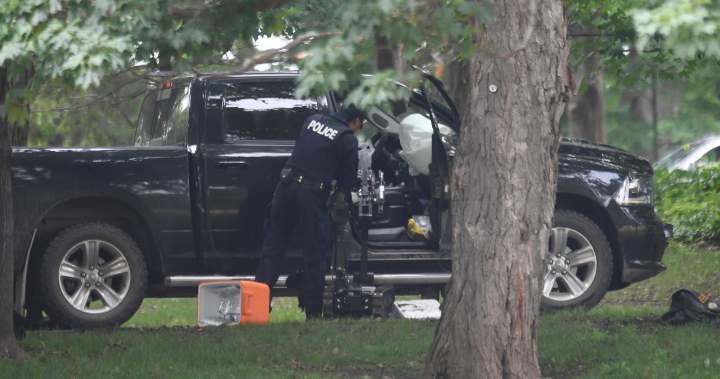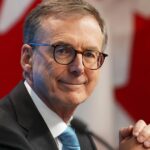In a troubling development that underscores growing tensions in Canada’s political landscape, new polling data reveals a significant increase in threats targeting elected officials during Prime Minister Justin Trudeau’s tenure. The findings, released this week by the Angus Reid Institute, paint a concerning picture of deteriorating civic discourse and heightened political animosity across the country.
The comprehensive survey shows that 62% of Canadians believe threats of political violence have increased since Trudeau took office in 2015. This perception spans demographic groups but shows notable variations along partisan lines, with Conservative-leaning respondents more likely to attribute the rise directly to the Prime Minister’s leadership style and policies.
“What we’re witnessing isn’t merely heated debate but a fundamental shift in how political disagreements manifest,” explains Dr. Samantha Reynolds, political science professor at the University of Toronto. “The normalization of aggressive rhetoric has real consequences for public servants and the democratic process itself.”
The data comes amid several high-profile incidents involving Canadian politicians. In recent years, Canada News has reported multiple cases where MPs required enhanced security protocols following credible threats. Minister of Finance Chrystia Freeland faced harassment during a visit to Alberta in 2022, while other cabinet members have reported receiving threatening messages at unprecedented rates.
Particularly troubling is the gender disparity evident in the findings. Female politicians report experiencing approximately 30% more threats than their male counterparts, with social media platforms identified as the primary vector for such intimidation. These threats frequently extend beyond policy criticisms to include personal attacks and explicit harassment.
“The anonymity provided by digital platforms has amplified this problem,” notes cybersecurity expert Michael Chen. “What begins as online vitriol increasingly translates to real-world confrontations and security concerns.”
The poll also reveals regional variations in perceived threats. Atlantic Canada reports the lowest incidence of political intimidation, while Alberta and Ontario show the highest rates. This geographic disparity correlates strongly with economic factors and regional policy grievances, according to analysts following Canadian politics.
Law enforcement agencies across Canada have responded by establishing specialized units to monitor and address threats against public officials. The RCMP reports a 43% increase in investigations related to politician safety since 2019, straining resources previously allocated to other public security concerns.
Parliamentary security measures have also been enhanced, with additional screening procedures and expanded protective services for MPs and their staff. These measures represent an annual expenditure increase of approximately $18 million according to government sources, reflecting the seriousness with which authorities view the escalating situation.
International comparisons suggest this trend isn’t unique to Canada, with similar patterns observed across democratic nations worldwide. However, the acceleration rate in Canada exceeds that of comparable countries like Australia and New Zealand, raising questions about specific national factors contributing to the phenomenon.
As Canada approaches another federal election cycle, experts warn that without meaningful intervention, the situation could further deteriorate. Proposed solutions range from stronger enforcement of existing harassment laws to comprehensive media literacy programs addressing disinformation and extremist content.
What remains unclear is whether this represents a temporary spike or a fundamental shift in Canadian political culture. Has the era of respectful disagreement in our politics ended, or can Canadians find their way back to civil discourse while still passionately advocating for their values?

























